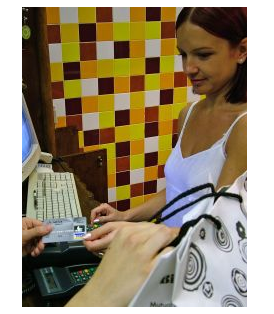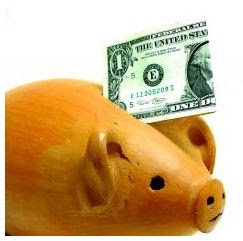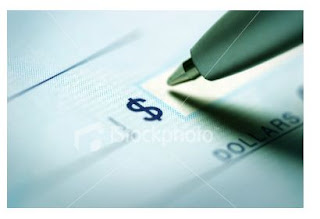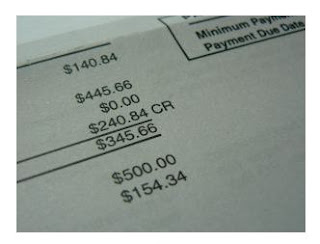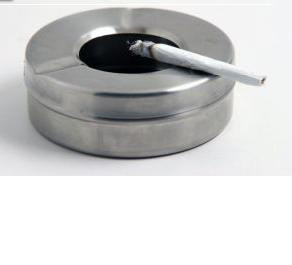
Do you have these bad habits which are not only a drain of your financial resources but are also detrimental to your good health?
1. Smoking: A packet of cigarettes costs about RM10/=. If you smoke a pack a day it means you will be burning away RM3, 650/= a year. At the same time, you are also ruining your health. When the amount is invested you will be richer by many times more than the amount you have burnt and you are also in good health to enjoy your wealth later.
2. Drinking: It is more than a waste of money because the habit is always related to drunk driving and in many cases they are fatal.
3. Use the car more than necessary: Don’t just think of your car when you think of transportation. Your two legs are an excellent means of going places easily and conveniently. Why waste petrol and car maintenance when you can walk?
4. Junk food: It is foolish to use your hard-earned money to buy something which does not give you nutritional value and it can be easily turned into a bad habit to consume regularly and sabotage your health and well-being
5. Soft drink: Why waste money to get a soft drink when water is freely available at home? Excessive consumption of sugary drink will bring you critical illnesses and long-term sufferings
6. Gambling: Gambling leads to debt and bankruptcy. It is the worst habit you can ever have in life.
7. Surfing the Net: Don’t waste electricity and the cost of connection when you surf the Net aimlessly. It is a waste of time and energy when you can be productive in other ways.
8. Inactive: When you don’t move your body often you are more likely to succumb to illnesses and as a result incurring unnecessary medical expenses.
9. Watching TV: It is yet another bad habit that makes you lazy besides taking away your money to pay for the monthly subscription and not to mention paying more for electricity. The longer you watch TV the lazier you will be. In the end, nothing gets done. When you are connected to the TV set you are disconnected from your family members.
10. Disorganized: Don’t store things such as grocery items at home haphazardly. When you can’t locate an item you waste money and time to get one outside. By the time an item is discovered, it has long passed its useful life and you have to throw it away. Not planning your trip is another way to waste precious time and petrol
By avoiding these bad habits you will be richer by the amount of money that you can save and even more.
Source: 10 Bad Habits to Avoid and Reduce Your Expenses

